Some leases specifically outline who is responsible for blinds
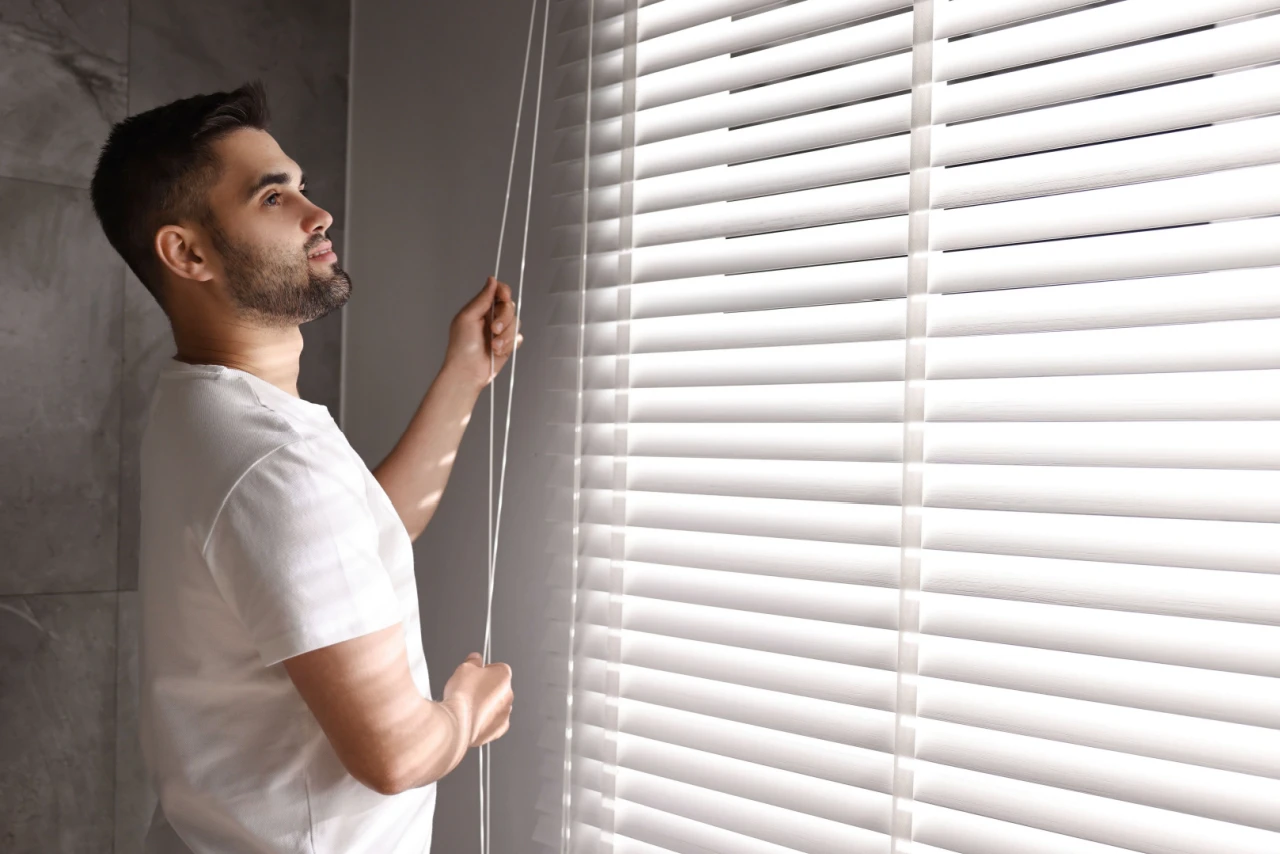
Who Is Responsible for Blinds in a Rental Property?
When renters search for a new place to live, they probably have a checklist of must-haves—and maybe blinds are one of them. But then, it’s time to move in, and tenant and landlord alike are wondering: Who is actually responsible for blinds in a rental property?
In this post, we’ll break it all down. What are blinds? Who’s responsible for providing and maintaining them? And who pays when they get damaged or worn out? This quick guide will help you know what’s yours to handle—and what’s not.
Main Takeaways
Regarding who is responsible for blinds in a rental property:
- Landlord Responsibility – If blinds were installed by the landlord before the tenant moved in, they are generally considered part of the rental. This means the landlord is responsible for upkeep and replacing blinds when they wear out due to normal use.
- Tenant Responsibility – If a tenant damages the provided blinds—whether from accidents, pets, or improper handling—they are typically responsible for repairs or replacement. If tenants install their own blinds, they must get the landlord’s approval first and handle all maintenance, removal, and any damage caused during installation.
- Lease Terms Matter – Some leases specifically outline who is responsible for blinds, whether for repairs or replacements. If it’s unclear, tenants should confirm with their landlord to avoid unexpected costs when moving out.
What Are Blinds, and Why Are They Important in Rentals?
Blinds might seem like a small detail, but they can cause big questions in a rental. That’s why we are here to help both landlords and tenants understand where the responsibility really lies.
In simple terms, blinds are window coverings made of slats or strips (usually plastic, wood, or metal) that you can open or close to control how much light comes in. They keep your home private. You twist a little rod or pull a string to adjust them. Still, why are they important?
Maintain People’s Privacy: Tenants need some level of privacy, especially in apartments where windows might face other buildings. Blinds let them control who sees inside, without needing to hang their own curtains.
Keep You Comfortable and Shaded: Blinds help control how much sunlight enters a room. This isn’t just about brightness—it can also affect temperature. Too much sun = overheating or even fading furniture. Blinds can help with energy efficiency by keeping spaces cooler in summer and warmer in winter.
Add to a Home’s Aesthetic: Apart from blocking sunlight and giving you privacy, blinds also add beauty to a home. The right ones can make a room feel clean, modern, and well-maintained. They’re like the final touch that completes the space and gives it character.
Need Legal Help?
Chat with a real estate lawyer near you. It’s only $5 for a 1-week trial. Ask unlimited questions.
Who Typically Owns the Blinds in a Rental Property?
It all comes down to who put them up.
Generally, landlords aren’t legally required to provide blinds, but many do—mainly to make the property more appealing and to prevent tenants from needing to drill holes to install their own blinds. Here’s the simple breakdown:
- If the landlord installed the blinds, they’re generally considered part of the property. That means the landlord is usually responsible for keeping them in good condition—unless the tenant damages them.
- If the tenant installed the blinds, then they typically own them. There’s just one thing to keep in mind: putting up blinds might involve drilling or making changes to the unit. So, tenants should always check with the landlord first to avoid making any accidental violations.
Who is Responsible for Blinds in a Rental Property?
So, who’s supposed to fix the blinds if they break? It mostly depends on two things—who installed them, and what caused the damage. As we’ve mentioned earlier, either the landlord or the tenant can put them up, and that affects who’s responsible. Here’s how landlord-tenant responsibilities are usually shared:
Landlord Responsibilities
Blinds that came with the rental are usually considered part of the property, just like sinks or cabinets. However, if those blinds get worn out or stop working over time (normal wear and tear), it’s generally the landlord’s job to repair or replace them. For example, if the pull cord breaks after years of use, or the slats start drooping on their own, the landlord is typically responsible.
Tenant Responsibilities
If the tenant damages the blinds, then they’ll likely be responsible for fixing or replacing them. For example, if a pet scratches them up, or someone pulls them too hard and breaks them, that’s not wear and tear—it’s outright damage. Meanwhile, when the tenant installs their own blinds, those blinds are usually theirs, but they’ll also likely be responsible for:
- Getting the landlord’s permission first (especially if drilling is involved).
- Removing the blinds when moving out.
- Repairing any damage caused during installation (like patching holes).
Who Pays for Blind Repairs and Replacements?
So, the blinds just broke—now what? Does the tenant call the landlord, or is this something they need to handle (and pay for) themselves? Here’s how to figure that out:
The Landlord Pays When:
- The blinds are old or worn out. If they stop working just because they’ve been there a long time, that’s normal wear and tear—and the landlord should cover the cost.
- The blinds came with the house or apartment. If the landlord put them there before the tenant moved in, they’re usually responsible for fixing or replacing them—as long as the tenant didn’t damage them.
The Tenant Pays:
- If the blinds were in good condition before and they broke because the tenant handled them roughly, had an accident, or their pet messed them up, then the tenant usually will have to fix or replace them.
- The tenant installed the blinds themselves. If they bought and put the blinds up, they belong to the tenant—so the tenant will likely need to take care of them and fix any damage when moving out.
That said, tenants should always check their leases to avoid lease violations. Some landlords are very clear about what they cover and what tenants expected to pay for. If it’s not mentioned outright, it’s better to ask than assume.
Source: Bay Property Management Group

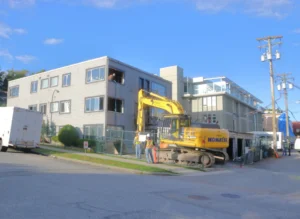
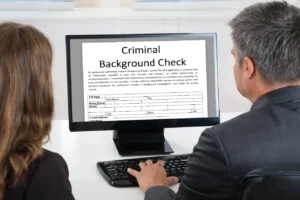
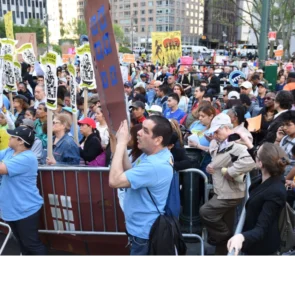


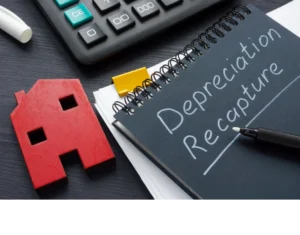

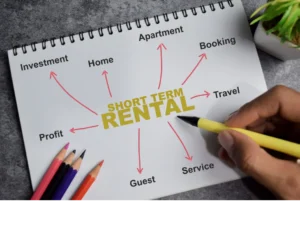




 Accessibility
Accessibility